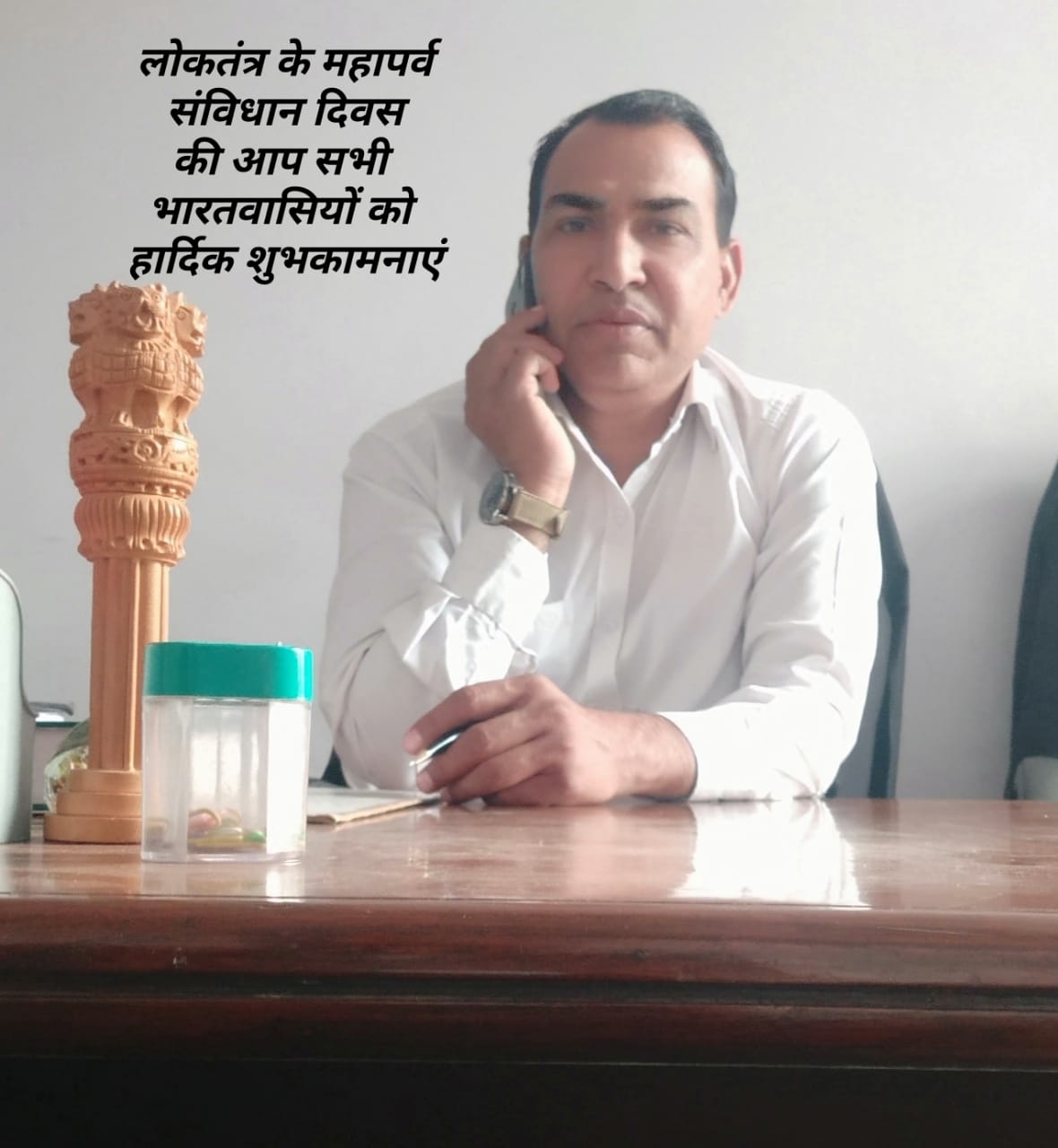Answer By law4u team
Yes, a person can gift their property during their lifetime instead of leaving it through a will. The gift of property is governed under the Transfer of Property Act, 1882, and the Indian Succession Act, 1925 (for certain religious communities). Unlike a will, which comes into effect only after a person’s death, a gift is an immediate transfer of ownership from the donor (the person gifting the property) to the donee (the person receiving the property). However, there are certain legal requirements and formalities that must be followed to make a property gift valid.
Steps and Requirements for Gifting Property:
Eligibility of Donor and Donee:
- The donor must be of sound mind and must be the rightful owner of the property.
- The donee must be a competent person to receive the gift. This includes any individual, except for a minor or an individual who cannot legally accept property (like someone mentally incapacitated).
- If the gift involves immovable property (like land or buildings), the donee must also be able to hold such property legally.
Gift Deed:
A gift must be executed through a gift deed that is a legal document acknowledging the transfer of property.
- The gift deed should be signed by the donor and the donee.
- It must clearly state the property details, including the type, value, and description of the property being gifted.
- The donor must express their intention to gift the property voluntarily, without any coercion, undue influence, or fraud.
Acceptance of the Gift:
The gift must be accepted by the donee during the donor’s lifetime. This can be explicitly mentioned in the gift deed.
In cases where the donee is unavailable at the time of gifting, they must express their acceptance immediately upon receiving the property.
Acceptance can also be implied by the donee's actions (such as taking possession of the property).
Registration of the Gift Deed:
If the gifted property is immovable (land, house, etc.), the gift deed must be registered with the Sub-Registrar’s office.
This process involves submitting the gift deed, valid identification proofs, and the property documents for registration.
Registration makes the gift official and provides legal proof of transfer.
Possession Transfer:
For an immovable property, after the gift deed is registered, the donor must hand over possession of the property to the donee. This may include transferring the title documents or making changes in the revenue records to reflect the new ownership.
Irrevocability of a Gift:
A gift, once made, is irrevocable. This means that once the property has been transferred to the donee, the donor cannot change their mind and ask for the property back, unlike a will which can be modified or revoked at any time by the testator (person making the will).
The donor can only revoke the gift in very specific circumstances (e.g., if the donee does not respect the terms of the gift deed).
Gift Tax Implications:
Under the Income Tax Act of 1961, gifts made to relatives (such as children, spouse, etc.) are generally exempt from gift tax. However, if the gift is made to someone who is not a relative, the recipient may have to pay tax if the value exceeds ₹50,000.
- Exemption: Gifts between close relatives are typically not subject to tax.
- Taxable Gift: For gifts made to non-relatives, the recipient may be required to pay tax on the value of the gift.
Advantages of Gifting Property Over a Will:
- Immediate Transfer: The gift of property allows immediate transfer of ownership, unlike a will, which takes effect only after death.
- Avoids Probate: A gift bypasses the need for probate (the legal process to prove a will), ensuring quicker and smoother transfer of property.
- Avoids Disputes: Gifting property while alive may help avoid future inheritance disputes since the transfer is clear and legally formalized.
Disadvantages of Gifting Property:
- Irrevocability: Once the gift is made, it is final and cannot be reversed. The donor loses all rights to the property.
- Potential Tax Liability: If the gift exceeds the tax exemption limit, the recipient may have to pay gift tax.
- Deprivation of Heirs: By gifting property to someone during their lifetime, the donor may unintentionally deprive other legal heirs from claiming their rightful share of the property after death.
Example:
Mr. X, who owns a piece of land, decides to gift the property to his daughter, Ms. Y, while he is still alive.
Mr. X prepares a gift deed specifying the property details, his intention to gift it, and Ms. Y’s acceptance.
The deed is signed by both parties and registered with the Sub-Registrar’s Office.
After registration, Ms. Y takes possession of the land, and Mr. X can no longer claim ownership.
Since Ms. Y is Mr. X’s daughter, the gift is exempt from gift tax.
Key Points to Remember:
- Gift of property can be made during a person’s lifetime instead of through a will, but the process involves executing a gift deed and registering it.
- Once a gift is made, it is irrevocable, meaning the donor cannot take it back.
- The donor must have legal ownership of the property, and the donee must be competent to accept the gift.
- Tax may apply if the gift is given to non-relatives and exceeds the exemption limit.
- The gift of immovable property requires registration with the authorities, and the donee must take possession.







